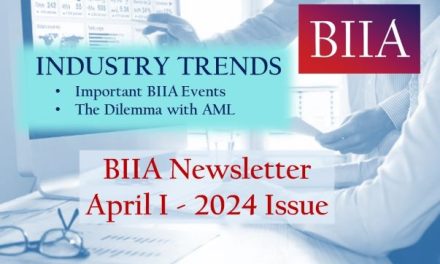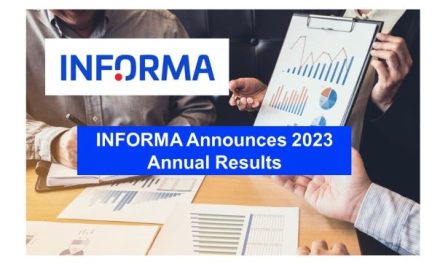Where lenders offer payment freezes to businesses struggling financially due to coronavirus, the credit reference agencies (CRAs) have agreed there won’t be a build-up of arrears on those firms’ credit files and their credit scores won’t be adversely impacted.
It will still be down to lenders to notify the CRAs of a temporary payment freeze agreed with a particular business on a case-by-case basis and if they do, the CRAs will not factor that data into credit scores. The arrangement has been designed to shield business credit scores during the agreed timeframe, as lenders undertake huge forbearance schemes with business customers. Some of the CRAs involved have also launched free services for SMEs to access credit data during the pandemic.
The CRAs’ new guidance for lenders on reporting payment freezes covers both the voluntary credit account information sharing (CAIS) and the government’s mandatory commercial credit data sharing (CCDS) scheme, which covers current account turnover (CATO) data as well as credit accounts. If a business falls behind on their payments without agreeing a payment freeze, including cancelling their direct debits, the usual reporting position from lenders will apply.
Jonathan Westley, chief data officer at Experian, said: “Businesses around the country have been forced to put their growth plans on hold and go into survival mode. It’s vital they get the support they need to survive the pandemic and our industry has an important role to play. The emergency payment freeze for businesses will help them navigate the period when they are most stretched.”
Free access to credit data
Along with the new guidance, CRAs are offering other packages to support SMEs, following plans aready announced to support consumer credit scores. As part of its response plan, Experian has agreed to help minimise the impact on the commercial CRA credit assessment of any company’s application for a government-backed funding scheme, designed to support their survival through Covid-19. Ordinarily, in some cases, taking advantage of these schemes could be interpreted as a sign of business weakness. Experian hopes that working with BIPA (Business Information Providers Association), these measures will be adopted across the wider industry.
Experian has also confirmed organisations can gain free access to its My Business Profile platform for three months, which gives customers full visibility of their business credit profile.
Dun & Bradstreet is also offering UK SMEs free access to data. For a three-month period, eligible companies can access the following:
- D&B Credit Essentials – to monitor credit rating of their own business and others, often used to inform funding decisions, and to identify risk;
- D&B Hoovers Lite – to gain access to data and analytics to help sales teams decide how to prioritise prospecting and retention efforts.
To help businesses understand which loans they are eligible for, during the Covid-19 pandemic, Experian has also launched a partnership with Funding Xchange. The CBILS SmartFinance Hub, that will be launched in the coming days, giving business owners access to all CBILS solutions.
Source: Creditstrategy.co.uk


























